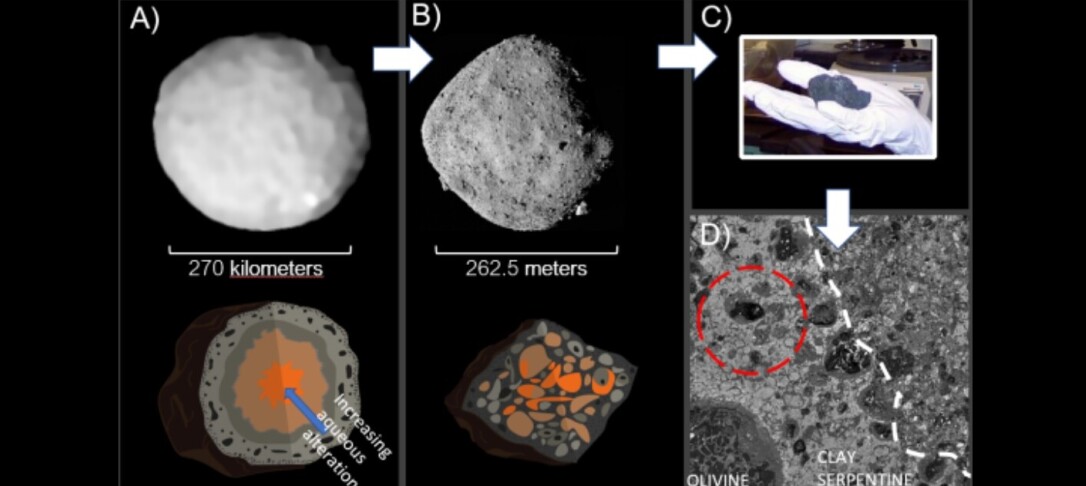
Ross Findlay will deliver the ESE Departmental Seminar on Thursday the 9th of November 2023: “Oxygen isotope secrets of the Solar System: unravelling the nature of the earliest planetesimals”.
Join us in room G41 – RSM Building – on Thursday 9th of November 2023 at 12h15.
Abstract
Oxygen is the third most abundant element in the universe after hydrogen and helium and is a fundamental component of many solid, liquid and gas phases in the Solar System. It is therefore remarkable that this element displays significant variations in the abundance of its minor isotopes 17O and 18O relative to the major isotope 16O within different planets, asteroids and their meteoritic analogues. Such a characteristic has resulted in O-isotopic analysis firmly establishing itself as a quintessential method for planetary or asteroidal ‘fingerprinting’ by linking meteorites to potential parent bodies in the Solar System; furthermore, technology and method has now improved to such a level where super-high precision O-isotope analyses of very small samples (100 micrograms) are now possible, permitting identification of O-isotope variations in smallest fractions of meteoritic components to unravel their individual geological histories. This technique can be applied to investigate the origin and evolution of different rock types and whether they sample one or multiple reservoirs or parent bodies; are a product of impact origin; or if water flowed or stagnated on early planetesimals. Join this talk for a crash course in oxygen isotope meteoritics covering some fundamentals and method development addressing the CM ‘Mighei-type’ chondrite group, and to find out what we have learned and will learn from past, present and future sample return missions.
About the speaker
Ross is a 4th year PhD student at the Open University supervised by Professor Ian Franchi, Dr Richard Greenwood and Professor Mahesh Anand, presently awaiting his viva examination mid-November. His PhD focused on the analysis of different aqueously altered rock types (clasts) in CM ‘Mighei-type’ carbonaceous chondrites by coupling high resolution petrography and oxygen isotope analysis via laser-assisted fluorination. He has just started postdoctoral research at the University of Cambridge with Professor Helen Williams, continuing his work on CM chondrite microsampling alongside novel stable isotope systems.